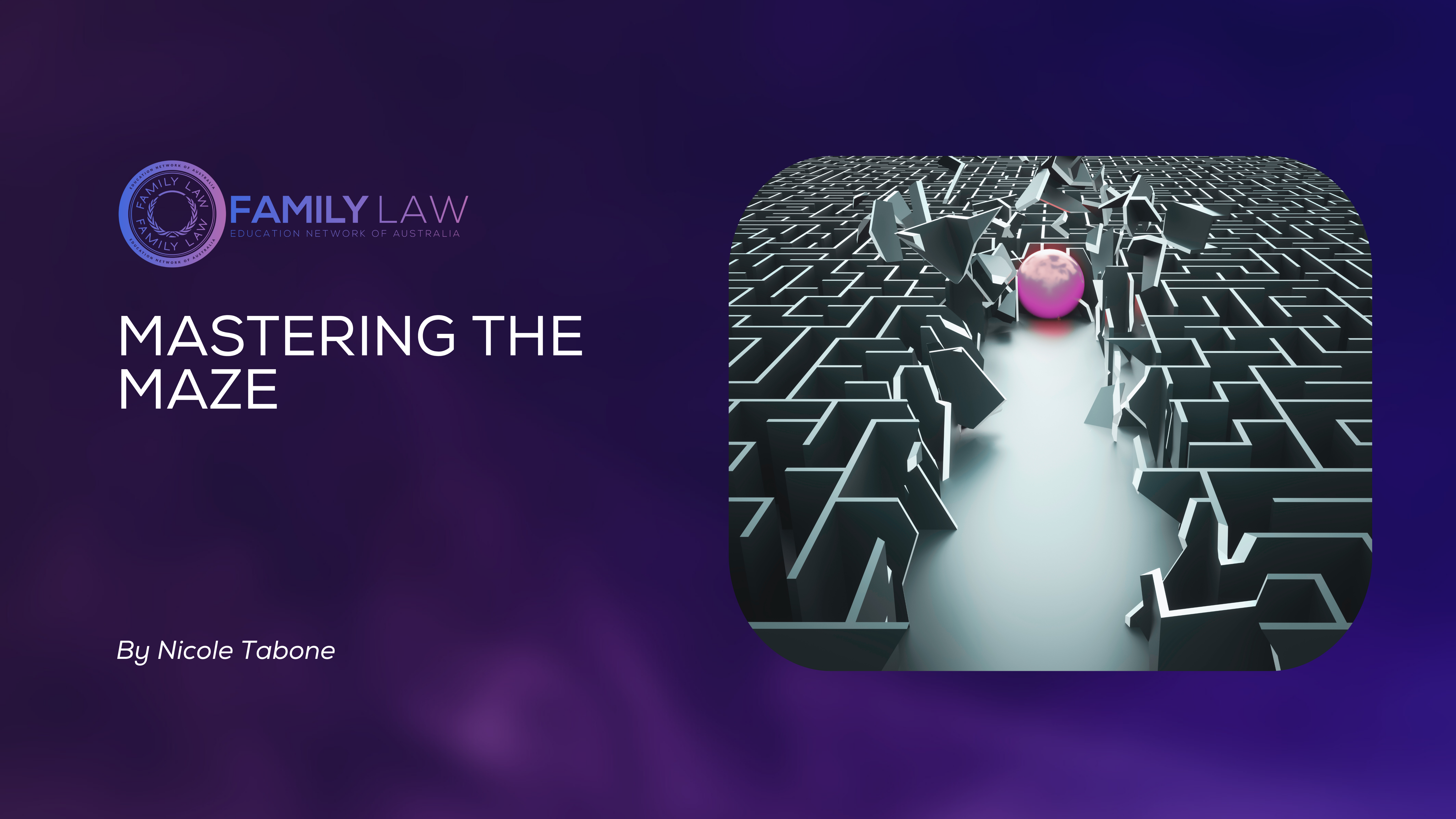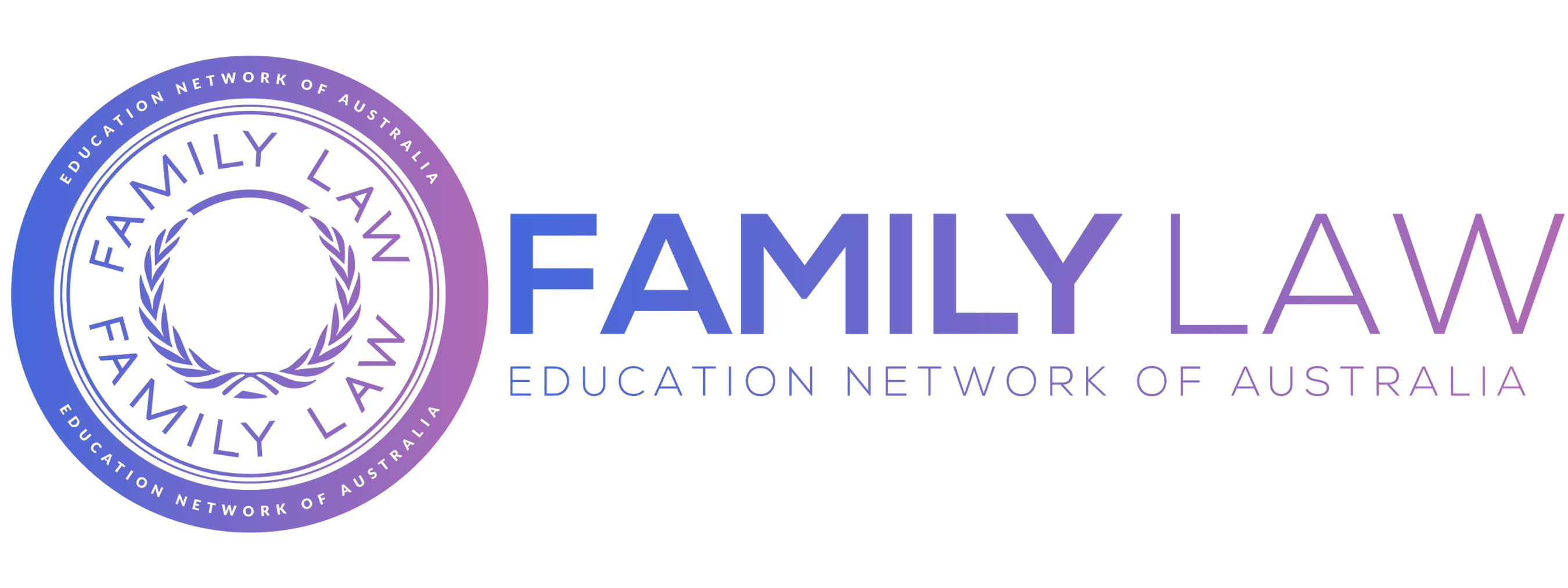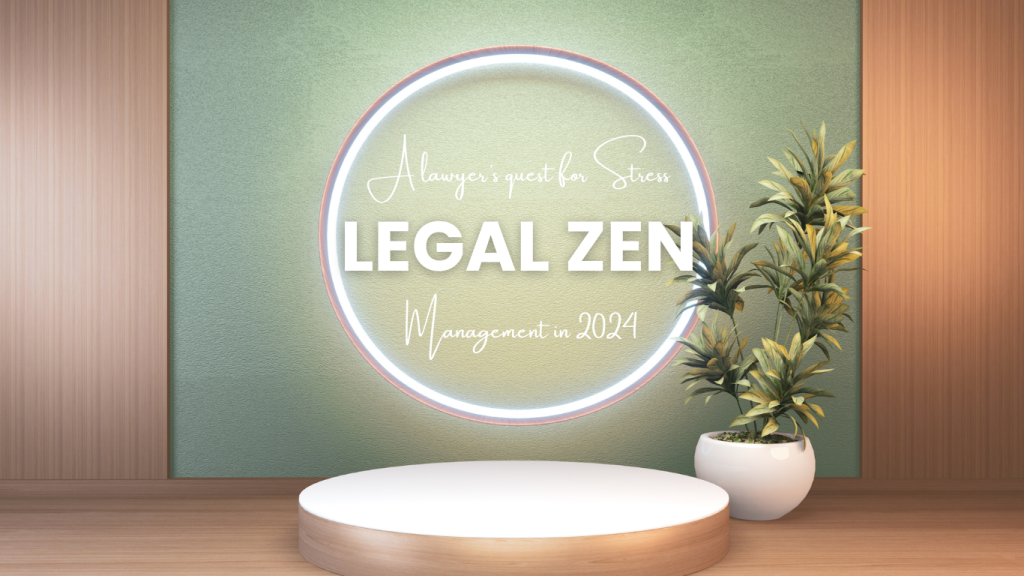
Knowing when not to act
“Whether a fair-minded, reasonably informed member of the public would conclude that the proper administration of justice requires that a legal practitioner should be prevented from acting, in the interests of the protection of the integrity of the judicial process and the due administration of justice, including the appearance of justice”
Kallinacos v Hunt (2005) 64 NSWLR 561; [2005] NSWSC 1181, [76]; Osferatu & Osferatu [2015] FamCAFC 177; (2015) FLC 93-666, [20]; Sellers & Burns & Anor [2019] FamCAFC 113; (2019) 59 Fam LR 593, [96-98]; Coppola v Nobile [2012] SASC 42, [22]

It has been said on many occasions and in a variety of ways, the fundamental principle of open justice is that “Justice must not only be done, but must be seen to be done“.
Open Justice is the backbone of our legal system. It makes participation in the system open and accessible to the public and, consequently, susceptible to public scrutiny.
As officers of the Court, our interactions with the Court, our clients, our colleagues, other parties, and the world at large can become the subject of significant scrutiny.
As junior Lawyers we receive education about what a conflict of interest is and how that can impact our ability to fulfill our obligations, firstly to the Court, but also to our clients.
The concept of conflict of interest can arise in different ways, perhaps most common is where you have information about the other party that another person in your position would not otherwise have and, perhaps even more importantly, that your client is not aware of.
In suburban practice, a question of conflict arises where we have worked with parties on a mutual transaction, such as Wills and now one party wants to instruct you in the Family Law matter.
Where the appointments were completed with the other party and your client present it is arguable that you have no more information than your client in this scenario and we start to see a debate about whether there is a real and substantial conflict and whether justice is going to be seen to be done in the circumstances.
But can we act, or continue to act, where we have become personally involved with a party?
Personal relationships with clients are something we tend to avoid as lawyers. Certainly, best practice principles would suggest if a relationship were to develop one should refer the client elsewhere.
More and more we are seeing a move by practitioners to even refer family and friends out of their practice. The once traditional approach of taking everything to a family member who happened to be a lawyer is long gone, replaced with a referral network and the phrase “I can’t really assist you with this, but I know a good lawyer who may be able to“. The reason for this is perhaps best discussed in the recent decision in Ogilvie & Farnam [2024] FedCFamC2F 793.
Judge McGinn considered an application by a Wife for a restraint on the Husband instructing his current lawyers due to his having an intimate relationship with one of the partners.
The application for the Wife spouted a myriad of reasons for why there was a conflict of interest in respect to the Wife, however, the reasons by the Judge indicated a very common sense reason why the restraint was appropriate.
Judge McGinn drew not on the solicitor’s conflict of interest with the wife, but the conflict in her duty to the Court and her client questioning the ability of the solicitor to fulfill her fundamental duty to the Court and whether she could provide full and frank advice, not dissuaded by her relationship with the husband.

Other Key Takeaways
- Discuss with client’s early any potential conflict of interest – tell them about the principle of open justice.
- Refer out clients where there is a potential conflict of interest, not just for the other party but also where there is a conflict in your obligations to the Court and your obligations to the client.
- When in doubt, contact your local Law Society ethics hotline for guidance.

